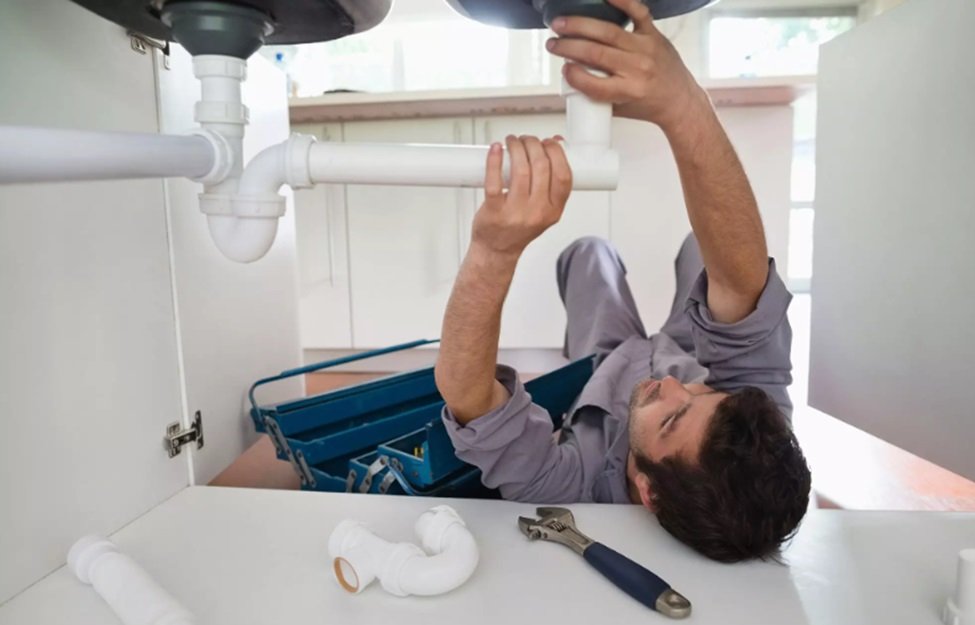Plumbing maintenance is often overlooked until a minor inconvenience escalates into a major catastrophe. From a simple drip to a full-blown disaster, the consequences of neglecting maintenance can be severe and costly. In this comprehensive guide, we delve into the importance of regular maintenance and why it’s non-negotiable for homeowners and businesses alike.
Understanding the Impact of Neglected Plumbing Maintenance
Neglecting maintenance can lead to a myriad of issues, ranging from minor inconveniences to significant damage. Here’s a closer look at some of the potential consequences:
1. Water Waste and Increased Utility Bills
Even a small leak can waste gallons of water over time, contributing to inflated utility bills. Ignoring leaks not only impacts your finances but also strains precious water resources.
2. Structural Damage
Leaking pipes can cause moisture buildup, leading to mould growth and structural damage. Left unchecked, this moisture can weaken walls, floors, and ceilings, compromising the integrity of your property.
3. Health Hazards
Standing water and moisture create an ideal breeding ground for mould, bacteria, and other pathogens, posing health risks to occupants. Additionally, stagnant water attracts pests such as mosquitoes, further exacerbating health concerns.
4. Damage to Belongings
Water damage can ruin furniture, carpets, electronics, and other belongings, resulting in costly replacements and repairs. Protecting your possessions requires proactive maintenance to prevent leaks and flooding.
5. Emergency Repairs and Downtime
Sudden plumbing emergencies can disrupt daily activities and necessitate costly repairs. Regular maintenance helps identify and address issues before they escalate, minimising downtime and inconvenience.
The Importance of Regular Plumbing Maintenance
Regular maintenance is the key to preventing these potential disasters. By prioritizing proactive care and attention, homeowners and businesses can mitigate risks, extend the lifespan of their plumbing systems, and ensure uninterrupted functionality.
1. Leak Detection and Repair
Routine inspections enable the early detection of leaks and other plumbing issues. Addressing leaks promptly prevents water damage and conserves resources, saving both money and hassle in the long run.
2. Pipe Inspection and Cleaning
Regular pipe inspection and cleaning help remove debris, sediment, and mineral buildup that can restrict water flow and lead to clogs. Clearing obstructions maintains optimal water pressure and prevents costly blockages.
3. Fixture Maintenance
From faucets and toilets to water heaters and sump pumps, regular maintenance of fixtures ensures efficient operation and prolongs their lifespan. Periodic checks and adjustments prevent minor issues from escalating into major problems.
4. Water Quality Testing
Regular water quality testing is essential for identifying contaminants and ensuring safe drinking water. Addressing water quality issues promptly protects the health and well-being of occupants and prevents plumbing damage.
Implementing a Plumbing Maintenance Plan
Developing a comprehensive maintenance plan is essential for homeowners and businesses looking to safeguard their properties and investments. Here are some steps to consider:
1. Schedule Regular Inspections
Establish a schedule for routine plumbing inspections conducted by qualified professionals. These inspections should cover all aspects of your plumbing system, from pipes and fixtures to appliances and water quality.
2. Address Issues Promptly
Take swift action to address any plumbing issues identified during inspections. Whether it’s a leaky faucet, a clogged drain, or a malfunctioning water heater, timely repairs prevent further damage and minimise costs.
3. Invest in Preventive Measures
Consider investing in preventive measures such as pipe insulation, water softeners, and leak detection systems. These measures can help proactively protect your plumbing system and mitigate risks.
4. Educate Occupants
Educate occupants about the importance of water conservation and proper maintenance practices. Encourage responsible usage habits and prompt reporting of any plumbing issues or concerns.
The Role of Professional Plumbing Services
While DIY maintenance tasks can help address minor issues, certain plumbing tasks require the expertise of licenced professionals. From complex repairs to intricate installations, professional plumbers possess the knowledge, skills, and specialised equipment necessary to tackle a wide range of plumbing challenges. Entrusting critical plumbing tasks to professionals ensures the highest quality workmanship and compliance with industry standards and regulations.
Embracing Technology for Enhanced Maintenance
Advancements in technology have revolutionised the field of plumbing maintenance, offering innovative solutions for enhanced efficiency and performance. From smart leak detection systems to water-saving fixtures and energy-efficient appliances, leveraging technology can streamline maintenance efforts and reduce water consumption and utility costs. Embracing these technological advancements empowers homeowners and businesses to take proactive steps towards sustainable and cost-effective maintenance.
Community and Environmental Impact
Beyond individual properties, regular maintenance plays a vital role in preserving community infrastructure and environmental resources. By minimising water waste, preventing leaks, and addressing plumbing issues promptly, communities can conserve precious water resources and reduce strain on municipal water systems. Additionally, proactive maintenance helps mitigate the environmental impact of plumbing-related activities, such as sewage overflows and contamination. By prioritising responsible maintenance practices, individuals and communities can contribute to a healthier and more sustainable future for generations to come.
Conclusion
From drips to disasters, the consequences of neglected plumbing maintenance can be severe and far-reaching. By prioritising regular maintenance and proactive care, homeowners and businesses can safeguard their properties, finances, and well-being. Investing in preventive measures, conducting routine inspections, and addressing issues promptly are essential steps towards maintaining a healthy and functional plumbing system.
Remember, maintenance is non-negotiable. Don’t wait for a minor inconvenience to escalate into a major catastrophe. Take proactive steps today to protect your property and ensure peace of mind for years to come.

